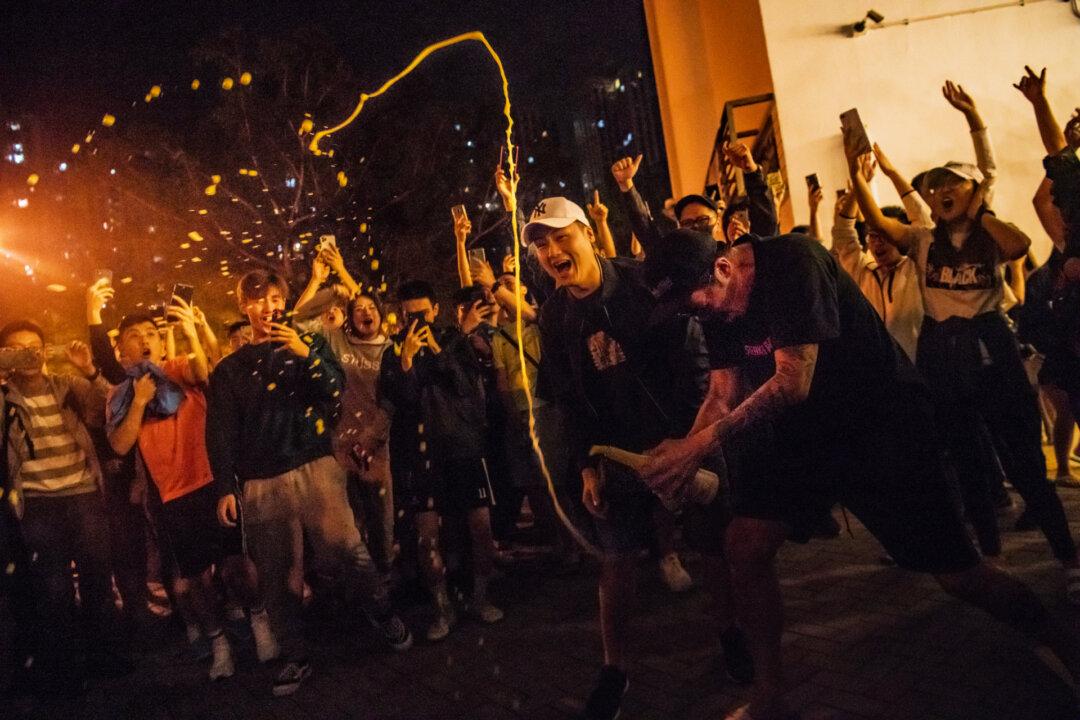In Hong Kong, protests are set to continue following local district council elections that saw pro-democracy camps pick up a resounding victory.
Democratic candidates secured more than 380 district council seats out of the 452 seats up for grabs, a gain of more than 260 seats from the previous elections in 2015. Meanwhile, the pro-establishment camp suffered a major defeat, picking up 59 seats, a loss of more than 230 seats.





